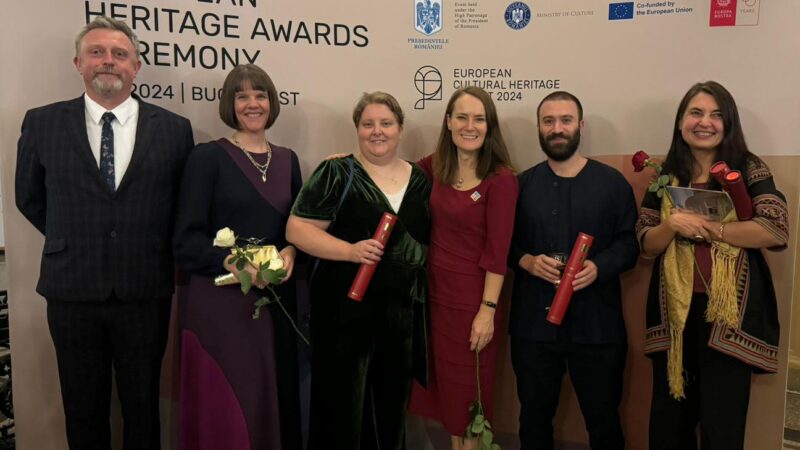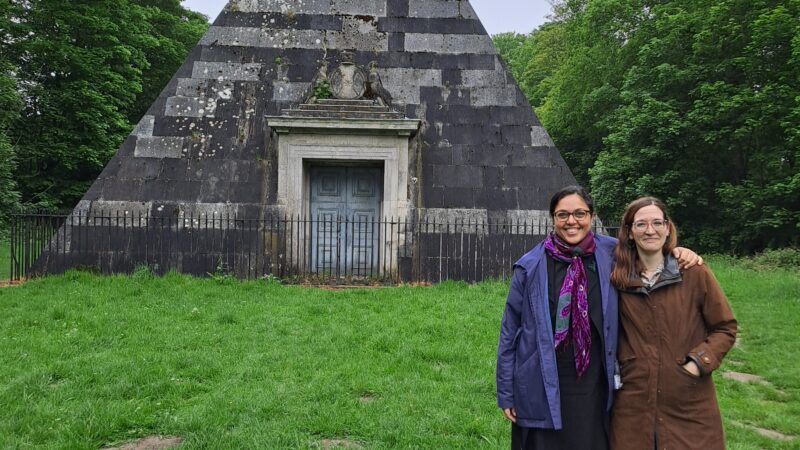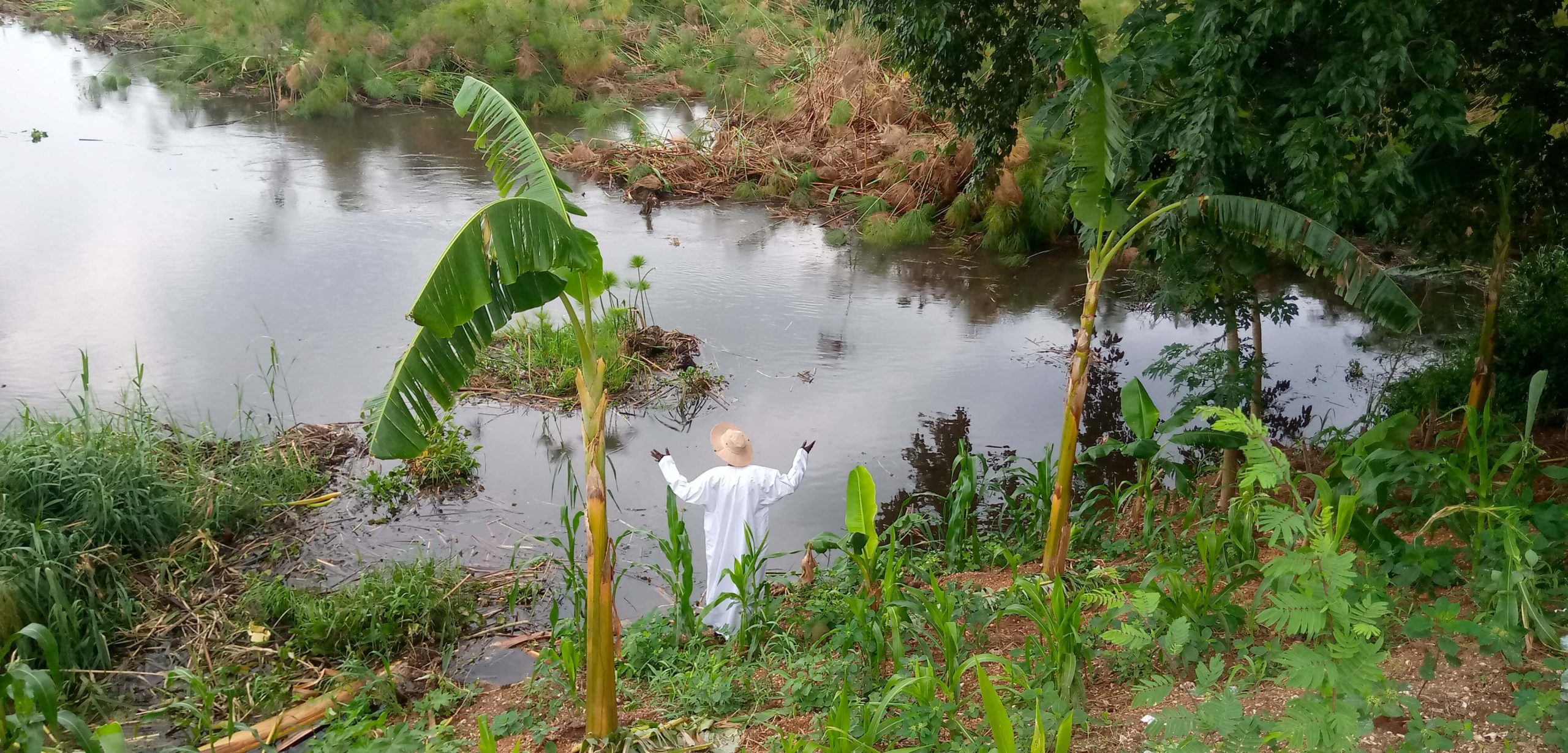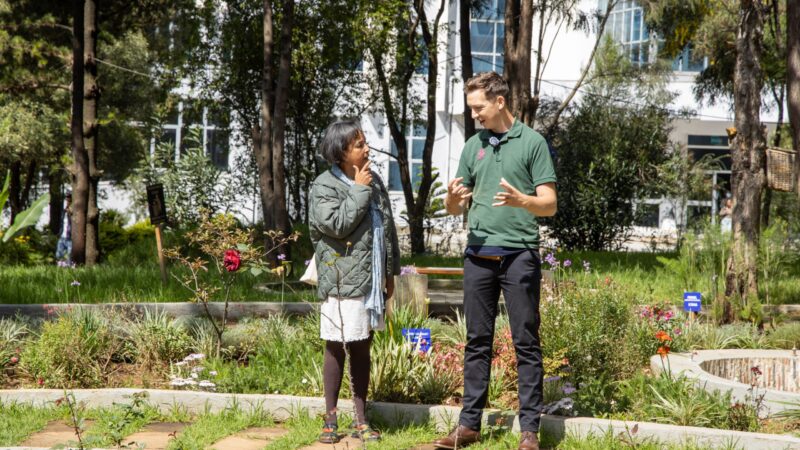
Mitigating the Impact of a Warming Climate on Uganda’s Heritage
The International National Trusts Organisation is delighted to announce a new project focusing on preserving heritage at risk from climate change in partnership with the Cross-Cultural Foundation of Uganda.
The project is generously supported by the British Council Cultural Protection Fund’s Disaster and Climate Preparedness round for £76,447.
Vanishing snow and rising rivers
As climate shifts have devastating impact worldwide, treasured heritage sites are increasingly at risk of disappearing. And perhaps less in focus of the world’s attention, is the unique impact a warming climate poses on the preservation of intangible elements of cultural heritage.
Melting Snow and Rivers in Flood explores a community-led response, where climate change risks the erasing of belief systems, cultural rites and scared sites alike. Responding to rapid glacial melt and extreme floods in the Rwenzori and West Nile region of Uganda, this project focuses on adopting an integrated approach to mitigating the impact climate change is having on local heritage.
Looming over 5000 metres, the Rwenzori mountain range in western Uganda is home to once vast equatorial glaciers of ice and snow. Water from these ice caps descends the slopes of the Rwenzori and into the river streams of the Nile. These glaciers trap snowfall, acting as a buffer to increasingly extreme rains that hammer the region. With the glacier expected to entirely vanish within the next ten years, and flooding expected to return, urgent action is needed to bolster climate change preparedness in the region.
The project will work directly with two affected communities to put measures in place to protect this area’s vast cultural landscape.
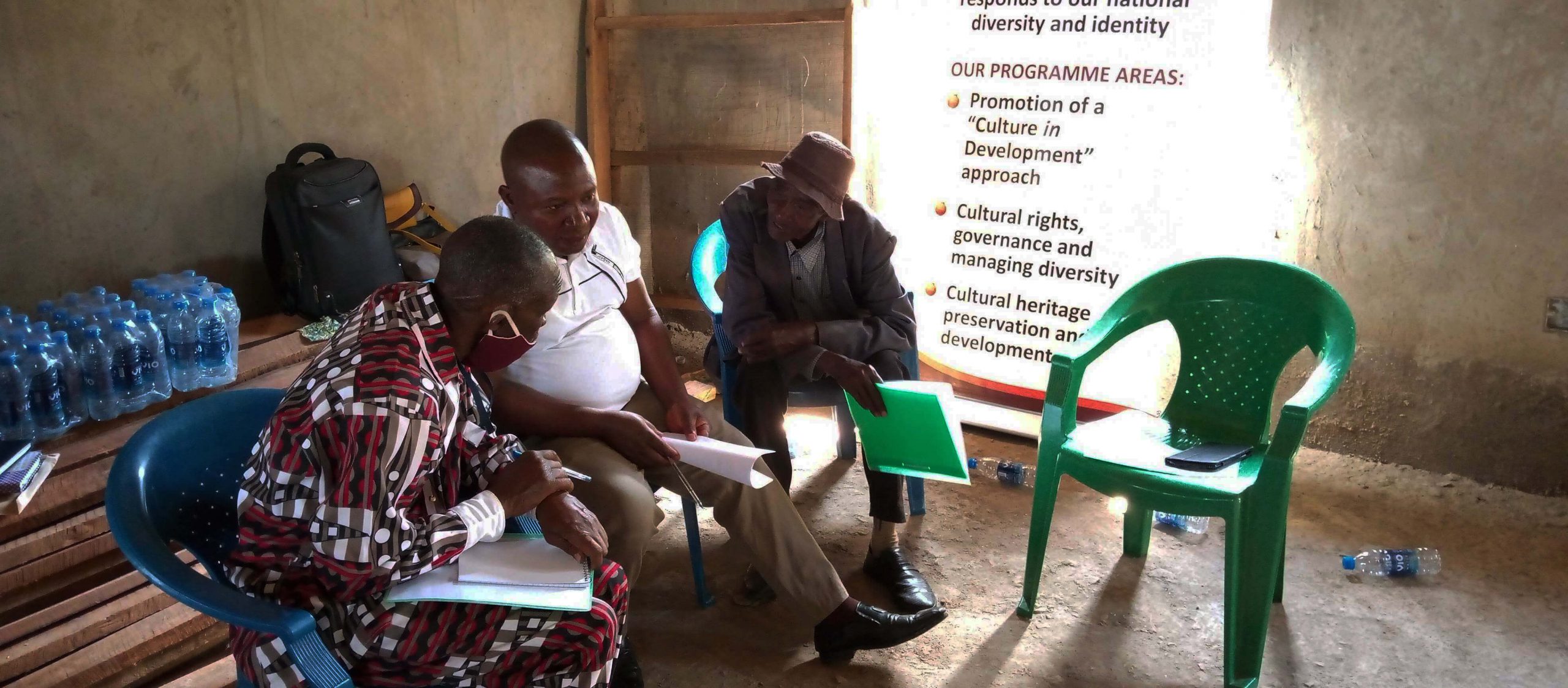
Communities at the helm of cultural custodianship.
Community knowledge is at the centre of preserving localised cultural heritage. Melting snow and Rivers in flood will focus on working with the Bakonzo and Alur communities, whose tangible and intangible heritage is threatened by flooding and glacial melt.
Central to the project will be the preservation of Wang-Lei. Wang Lei is a scared site, revered to be where Adamic figures Nyipir and Nyabongo of the Luo people parted ways, leading to the formation of the Alur and Acholi peoples. The site remains hugely important for the Alur, with cultural rites still performed there today.
The site rests at the bank of the Nile, where annual floods that have grown in ferocity, threaten its existence. The project will work alongside the Alur and surrounding community to complete flood mitigation works to increase resilience to climate change, as well as document the intangible heritage practices anchored by the site.
In the Rwenzori region, the existence of mountain snow and ice has immense spiritual value for the Bakonzo people and is considered inseparable from their ancestral belief systems. Rapid glacial melt expects to see snow disappear entirely from the region, working to erase with it, the unique cultural heritage bound to its presence.
Informed by the community, intangible cultural heritage surrounding the spiritual value of the Rwenzori glaciers will be documented and registered with the Ugandan Cultural Heritage register. Works to identify sites threatened by flooding will also be mapped and marked to support their preservation to create a framework for their ongoing protection.
As well as documenting existing heritage, the project works to safeguard these sites moving forward. Through awareness raising workshops and site management training, local site custodians and communities will play an active role in preserving their cultural heritage for the future.
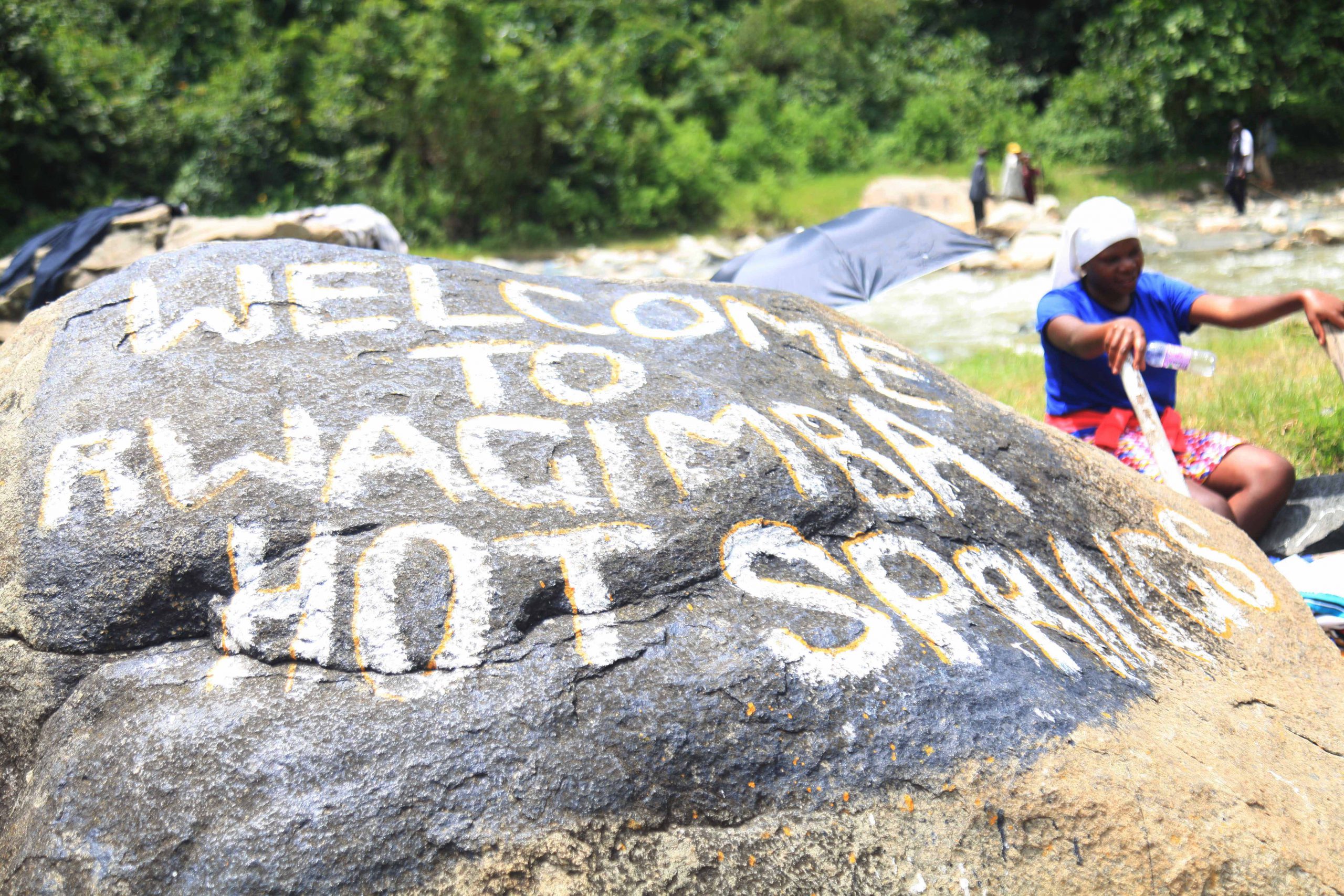
From Uganda to the UK – lessons in heritage preservation in the face of climate change.
Melting Snow and Rivers in Flood will also facilitate a knowledge exchange between staff at the Cross-Cultural Foundation of Uganda and The National Trust of England Wales and Northern Ireland. Linking the flood threatened World Heritage site of Fountains Abbey and Studley Royal Water Garden site in the UK to numerous local sites in Uganda, the project will harness the opportunity to share best practice for climate change preparedness in heritage preservation.
Concluding in February 2021 the project is part of INTO’s commitment to supporting its members in their work in heritage conservation and climate change mitigation as well as sharing best practice to strengthen international heritage protection.


This project is supported the British Council’s Cultural Protection Fund, in partnership with the Department for Digital, Culture, Media and Sport, which supports projects which protect cultural heritage at risk due to conflict or climate change, mainly in the Middle East and parts of North and East Africa.
More from INTO projects

